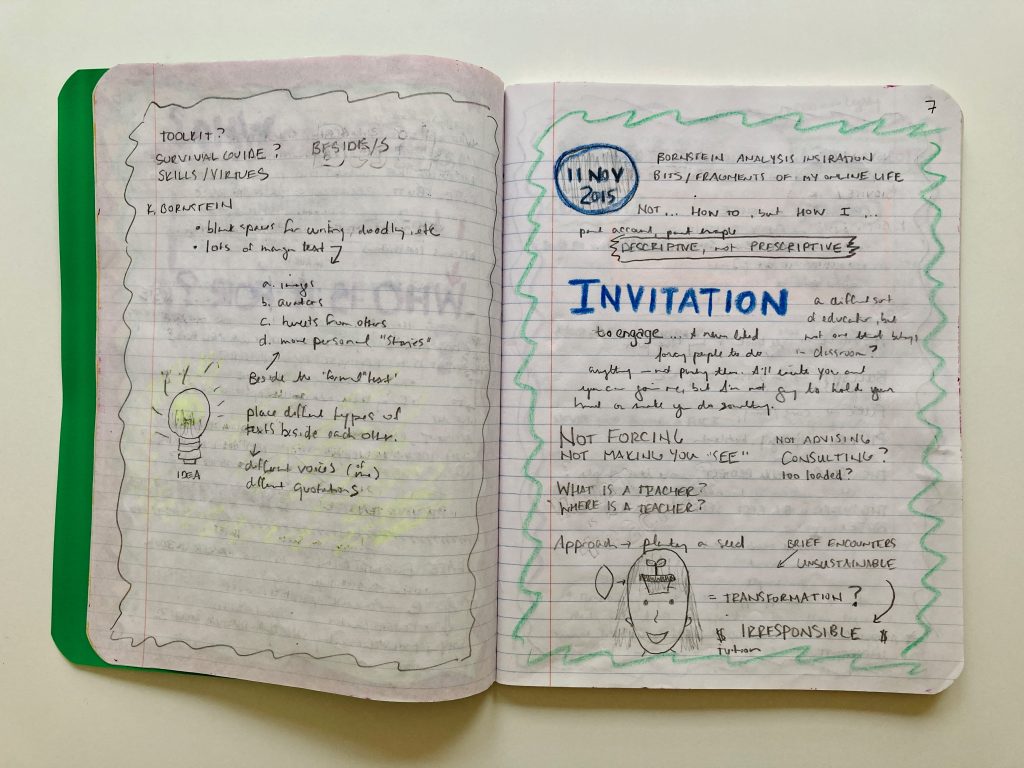4.75 miles
veterans’ home loop
33 degrees
Sun. Slightly warmer. Less wind. Hooray! Still wore my running tights, winter vest, and gloves, but felt like spring is almost here. Ran around the falls. They were gushing, but the creek was barely moving. Ran past the “big feet” statue. I can’t remember his name — Gunther something, I think — but I do remember that he was a poet, a hymn writer, and a politician from Sweden. Ran the Winchell Trail too. At the start of it, I slipped, but didn’t fall, in the mud. Said a lot of “excuse mes” as I encountered people from behind. Not irritated at all. A good run on a beautiful morning.
before the run
Thinking about roots and how things become rooted in the ground today. This topic is inspired by a favorite poem that I memorized in May of 2020: What Would Root/ Katie Farris. Here’s what I wrote in an entry from may 20, 2020:
I like the idea of this long, wild story, being rooted at the rock from the beginning of the poem. And I love this idea of rooting, being rooted and how the story unfolds around it. I want to spend some more time thinking about what it means to root, be rooted, take root. I’d also like to write a poem like this–with a story at the gorge–about sinking.
I used to have this poem memorized, and I think I can again, with a little practice. For now, I’m going to record myself reading it, then listen to that recording a few times while I run today.
during the run
Started by listening to the recording of myself reading the poem. It was very cool — dreamy, almost disembodied — to listen the words as I ran through the neighborhood and toward the river. Then, when the recording was done, I put my headphones away and thought about roots as I ran south above the gorge. I remember imagining my skin as more porous and open to the world and grass growing through my pores (instead of Farris’ roots).
Halfway through the run, in Wabun park, I stopped to record my thoughts. Here’s a summary:
- Thought about being rooted in a place, then being on the inside or the outside and how being rooted means being both in and out, or neither, at the same time. Just there, part of what’s happening.
- Then, I wondered, Does rooted always mean we’re tethered or stuck in one place, immobile? What would it mean to be rooted in a place while you were moving?
- Then: how are the roots formed? Instead of one solid, thick, sturdy root that’s difficult to cut down, what if we were a network of roots spread throughout the ground, connected and tangled with other? Roots can be networks — shallow and easy to pull out, like weeds, but multiplying and growing when you do that (rhizomes and nodes).
- Getting at the root, radical feminism and the root of oppression, the origin/cause of the problem I often think about the origins of my running story — there is no one root or cause or start, but a series (a network) of reasons.
- Chanted: root root root root/root root root root/ roo ting roo ting/root root root root/root root root root/roo ted root less I like these simple repetitions. I’d like to try chanting these for several minutes, then seeing what other words/ideas/chants might appear.
after the run
Here’s a sad, scary headline: Report lists Mississippi as one of ‘most endangered’ U.S. rivers
And here’s a hopeful story about activists making a difference and changing the future of the river: The untold story of our national park’s founding
Thinking about being inside or outside of yourself and being rooted and what of self/Self that suggests, I’m reminded of a poem I put on my reading list the other day:
Full of yourself/ Rumi
Translated from the Farsi by Haleh Liza Gafori
Full of yourself—
a friend’s touch is sharp as a thorn.
A buzzing fly drives you mad.
Forget yourself
and what friend can hurt you?
You mingle with wild elephants
and enjoy the ride.
Caged in self,
you drown in anguish.
Storm clouds swallow the sun.
Your lover flees the scene.
Outside yourself,
the night is moonlit.
Lovers drink Love’s wine.
It flows through you.
Self-conscious,
you’re dry as autumn leaves.
You bite like frost.
Melt yourself,
and winter’s frozen meadows
will become spring’s fragrant fields.
(How) can we travel outside of ourselves? What does this untether/uproot us from? I posted this quotation from Jamie Quatro in a log entry from April 19, 2018 about running as prayer:
a state of prayerlike consciousness. Past the feel-good vibes, past the delusions, my attention moves outward: I’m intensely aware of the cadence of a bird’s song, cherry blossoms weighted-down after a rain. Things light up and I experience an interior stillness that somehow syncs me more profoundly with the exterior world. It’s a paradox: only when I’m fully present in my body do I begin to experience the absence of myself.
Running as prayer
Does fully present in a body = rooted? I’m also thinking about entanglement and Ross Gay’s critique of buoyancy and floating free (see april 12, 2022). Can we be a self, rooted in a body and a place, and still be other than ourSelf? How do I fit Rumi’s idea of forgetting the self with entanglement?
